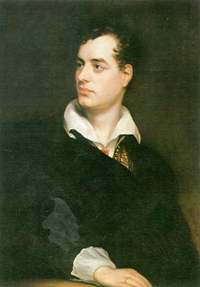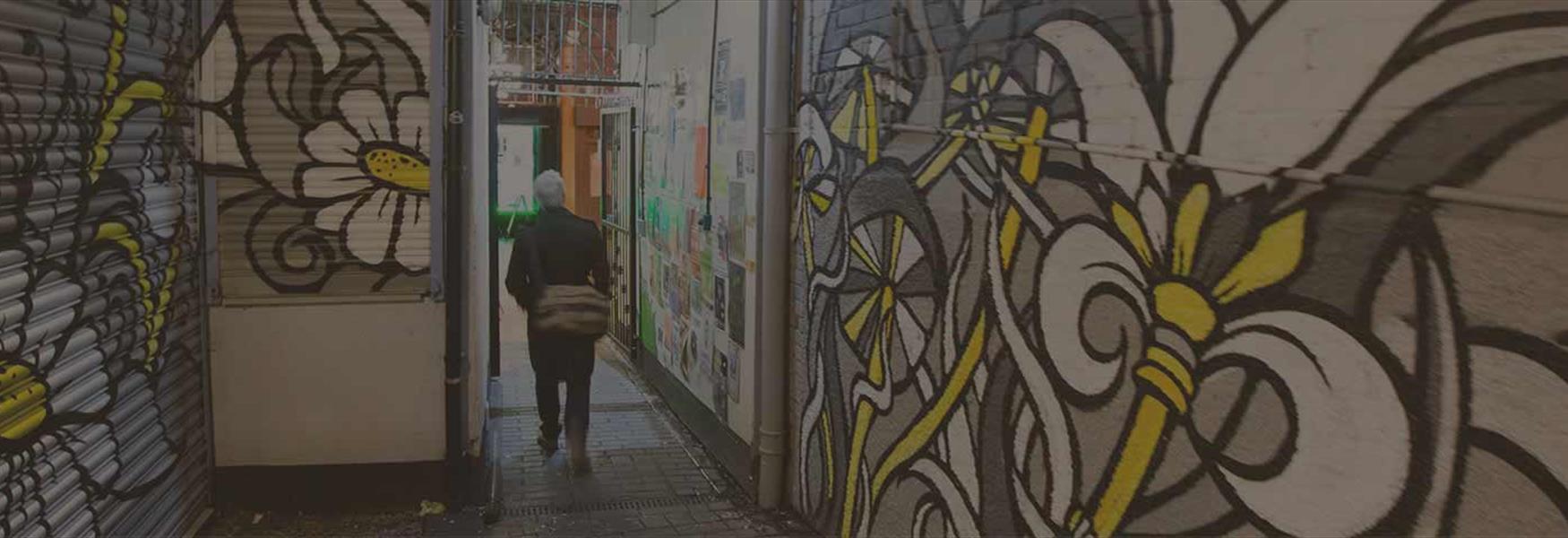To provide you with the best experience, cookies are used on this site. Find out more here.

To provide you with the best experience, cookies are used on this site. Find out more here.

To build your own Itinerary, click  to add an item to your Itinerary basket.
to add an item to your Itinerary basket.
Already saved an Itinerary?


You are here > Ideas & Inspiration > Famous People > Literary Heroes > Lord Byron
 Lord Byron - poet, rebel, and champion of liberty.
Lord Byron - poet, rebel, and champion of liberty.Lord George Gordon Byron was born 22nd January 1788, son of Captain John "Mad Jack" Byron and his second wife, the former Catherine Gordon. After the death of his father and uncle, Byron and his mother moved from their home in Aberdeenshire to his inherited ancestral home of Newstead Abbey in north Nottinghamshire, spending much time there along with Colwick Hall (now a hotel) and the market town of Southwell.
Byron’s first poem was written at the age of ten and as an adult Byron won early fame as the most fashionable poet of Georgian England. He is often thought of as the first ‘celebrity’ – his drawn, rakish appearance spreading into young men’s fashion and his words into young women’s hearts.
But his reputation turned from celebrity to notoriety. After an affair with Lady Caroline Lamb, who continued to stalk the poet long after their separation, she coined Byron ‘mad, bad and dangerous to know’, a title which stuck hard. A disastrous marriage, mounting debts and scandalous rumours regarding his relationship with his sister, led public opinion to turn hostile and Byron exiled himself to Europe. During these extensive travels through Europe and the near East Byron wrote his best-known work, Don Juan. Other famous works by Byron are Childe Harold's Pilgrimage, The Corsair, and She Walks In Beauty.
Byron’s legacy went beyond his work. While he is known world over as a passionate lover and Romantic poet, he was also quite the political revolutionary. He used his first speech in the House of Lords to back the Nottinghamshire frame-breakers, the lacemakers who struggling to maintain their trade in the face of the Industrial Revolution. In his later years he joined the Greek movement for independence from Turkish rule, and his name is still celebrated in Greece today.
Byron’s daughter Ada Lovelace, was a gifted mathematician who worked closely with Charles Babbage – the father of modern computers. Though she never met her father, Ada was laid to rest beside him in the family vault at St Mary Magdelene's in Hucknall. The church holds a memorial to Byron and Ada, along with a small exhibition about their lives.
© Visit Nottinghamshire 2025. All Rights Reserved






